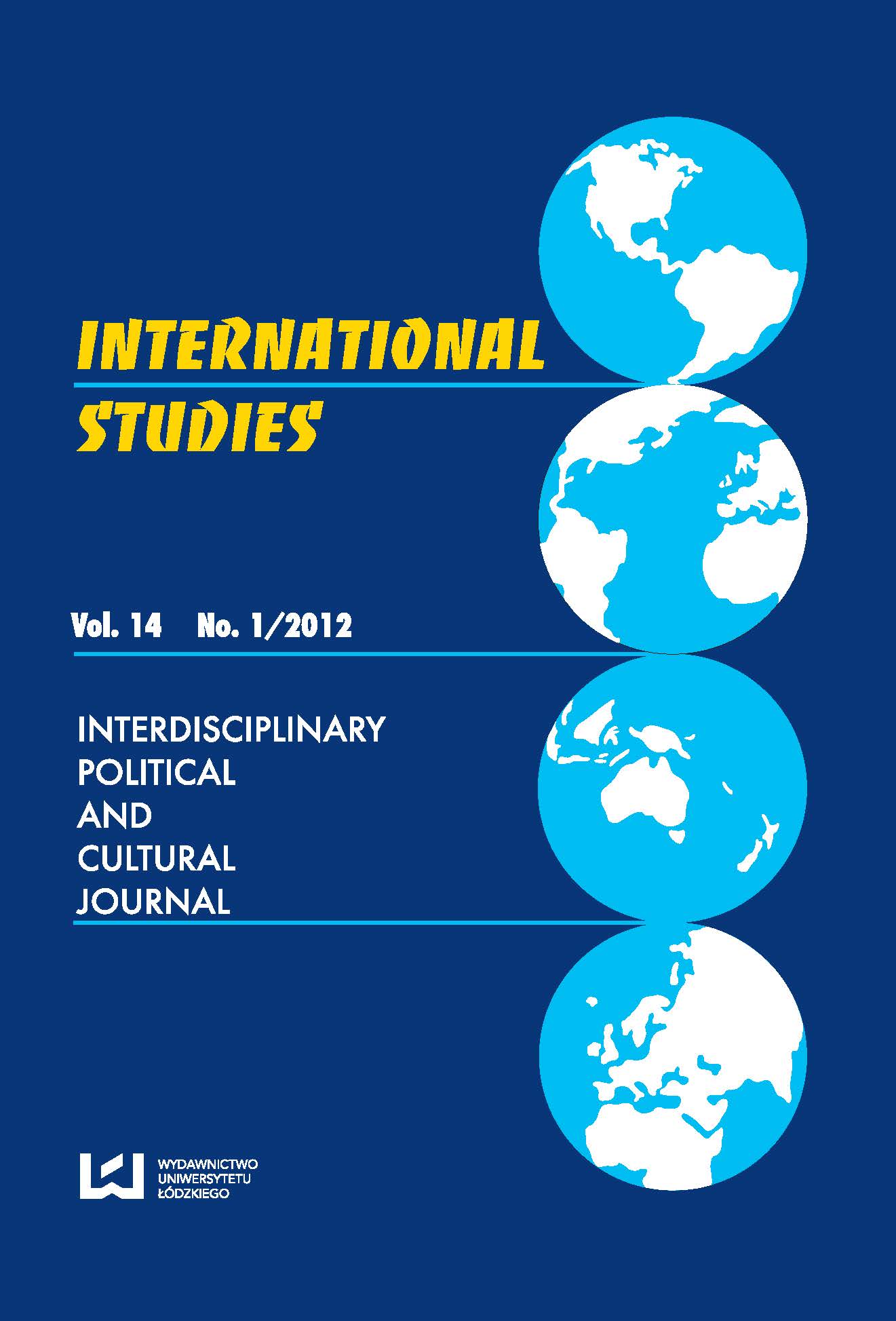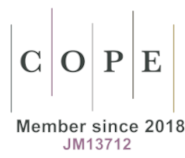Moving beyond Edward Said: Homi Bhabha and the Problem of Postcolonial Representation
DOI:
https://doi.org/10.2478/v10223-012-0051-3Słowa kluczowe:
Postcolonialism, representation, Edward Said, Homi Bhabha, Gayatri Spivak, postmodernism, Third World/First World, mimicry, religious nationalism, ambivalenceAbstrakt
The essay takes up the issue of postcolonial representation in terms of a critique of European modernism that has been symptomatic of much postcolonial theoretical debates in the recent years. It tries to enumerate the epistemic changes within the paradigm of postcolonial theoretical writing that began tentatively with the publication of Edward Said’s Orientalism in 1978 and has taken a curious postmodern turn in recent years with the writings of Gayatri Spivak and Homi Bhabha. The essay primarily focuses on Bhabha’s concepts of ambivalence and mimicry and his politics of theoretical anarchism that take the representation debate to a newer height vis-ŕ-vis modes of religious nationalism and Freudian psychoanalysis. It is interesting to see how Bhabha locates these within a postmodern paradigm.
Pobrania
Bibliografia
Baudrillard, Jean. In the Shadow of the Silent Majorities . . . Or the End of the Social, and Other Essays. Trans. Paul Foss, Paul Patton and John Johnston. New York: Foreign Agents Series, 1983.
Zobacz w Google Scholar
Bhabha, Homi. “Difference, Discrimination, and the Discourse of Colonialism.” Literature, Politics and Theory. Papers from the Essex Conference, 1976-1984. Ed. Francis Barker et al. London: Methuen, 1986.
Zobacz w Google Scholar
Bhabha, Homi. “DissemiNation: Time, Narrative and the Margins of the Modern Nation.” Ed. Homi Bhabha. Nation and Narration. New York: Routledge, 1995.
Zobacz w Google Scholar
Bhabha, Homi. “Of Mimicry and Man: The Ambivalence of Colonial Discourse.” The Location of Culture. London and New York: Routledge, 2004.
Zobacz w Google Scholar
Bhabha, Homi. “The Other Question: Stereotype, Discrimination and the Discourse of Colonialism.” The Location of Culture, The Location of Culture. London and New York: Routledge, 2004.
Zobacz w Google Scholar
Bhabha, Homi. “The Postcolonial and the Postmodern: The Question of Agency.” The Location of Culture. London and New York: Routledge, 2004.
Zobacz w Google Scholar
Chakrabarty, Dipesh. “Radical Histories and the Question of Enlightenment Rationalism: Some Recent Critiques of Subaltern Studies.” Economic and Political Weekly (8 April 1995):753.
Zobacz w Google Scholar
Cohn, Bernard S. Colonialism and Its Forms of Knowledge: The British in India. New Delhi: Oxford University Press, 2002.
Zobacz w Google Scholar
Das, Sisir Kumar. Sahibs and Munshis: An Account of the College of Fort William. Calcutta: Papyrus, 1978.
Zobacz w Google Scholar
Farquhar, J.N., An Outline of the Religious Literature of India. 1920; Varanasi: Motilal Banarasidass, 1967.
Zobacz w Google Scholar
Gordon, Leonard A. Bengal: The Nationalist Movement, 1876-1940. New Delhi: Manohar, 1979.
Zobacz w Google Scholar
Macaulay, T.B., “Minute on Education.” Sources of Indian Tradition, vol. II. Ed. W. Theodore de Bary. New York: Columbia University Press, 1958.
Zobacz w Google Scholar
Mitra, Sisir Kumar. The Liberator: Sri Aurobindo, India and the World. Delhi: Jaico, 1954.
Zobacz w Google Scholar
Nandy, Ashis. The Intimate Enemy: Loss and Recovery of Self under Colonialism. New Delhi: Oxford University Press, 1988.
Zobacz w Google Scholar
Purani, A.B. The Life of Sri Aurobindo. Pondicherry: Sri Aurobindo Ashram, 1964.
Zobacz w Google Scholar
Said, Edward. Orientalism. New Delhi: Penguin, 2001.
Zobacz w Google Scholar
Sarkar, Sumit, The Swadeshi Movement in Bengal, 1903-1908. New Delhi: People’s Publishing House, 1973.
Zobacz w Google Scholar
Spivak, Gayatri Chakravorty. “Marginality in the Teaching Machine.” Outside in the Teaching Machine. New York: Routledge, 1993.
Zobacz w Google Scholar
Young, Robert. “The ambivalence of Bhabha” White Mythologies: Writing History and the West. London: Routledge, 1993.
Zobacz w Google Scholar
Pobrania
Opublikowane
Jak cytować
Numer
Dział
Licencja

Utwór dostępny jest na licencji Creative Commons Uznanie autorstwa – Użycie niekomercyjne – Bez utworów zależnych 4.0 Międzynarodowe.

















